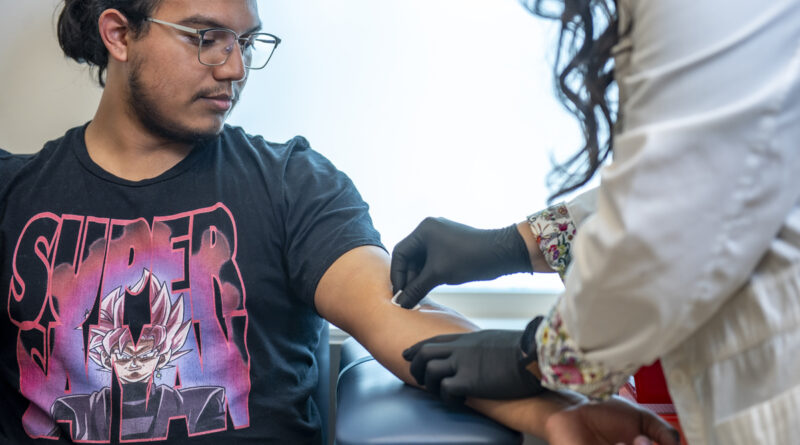The Crucial Role of Primary Care Clinics in Healthcare
Primary care clinics serve as the cornerstone of healthcare systems worldwide, offering essential medical services and fostering long-term patient-provider relationships. These clinics provide a wide range of preventive, diagnostic, and therapeutic services, playing a pivotal role in promoting community health and well-being. This article delves into the significance of primary care clinics, exploring their functions, benefits, challenges, and their evolving role in modern healthcare.
Definition and Scope of Primary Care Clinics:
Primary care clinics are healthcare facilities that offer first-contact, continuous, comprehensive, and coordinated care for individuals across all ages, genders, and conditions. These clinics focus on preventive care, health education, and early intervention, aiming to address a broad spectrum of health issues before they escalate. Primary care providers, including physicians, nurse practitioners, and physician assistants, deliver frontline healthcare services, managing various health concerns and referring patients to specialists when necessary.
Key Functions of Primary Care Clinics:
Primary care clinic fulfill multiple functions crucial for maintaining community health. Firstly, they serve as the initial point of contact for patients seeking medical assistance, offering timely access to healthcare professionals. Moreover, these clinics emphasize preventive care through routine screenings, vaccinations, and health assessments, aiming to detect and mitigate health risks early on. Additionally, primary care providers manage chronic conditions, provide acute care for minor illnesses and injuries, and offer counseling on lifestyle modifications for optimal health outcomes.
Benefits of Primary Care Clinics:
The benefits of primary care clinic extend beyond individual patient care to encompass broader healthcare outcomes and system efficiency. Firstly, these clinics promote continuity of care by fostering ongoing relationships between patients and providers, which enhances communication, trust, and personalized treatment plans. Moreover, primary care emphasizes holistic health, addressing not only physical ailments but also mental, emotional, and social factors influencing well-being. Additionally, by managing health issues at the primary care level, these clinics help reduce unnecessary emergency department visits, hospitalizations, and healthcare costs.
Challenges Facing Primary Care Clinics:
Despite their pivotal role in healthcare delivery, primary care clinics encounter various challenges that hinder their effectiveness. One significant challenge is the shortage of primary care providers, particularly in underserved rural and urban areas, leading to increased patient loads and decreased access to care. Additionally, primary care practices face financial pressures due to reimbursement models that undervalue preventive care and favor procedural interventions. Moreover, administrative burdens, such as electronic health record documentation and regulatory requirements, can detract from the time and attention providers devote to patient care.
Evolving Role of Primary Care Clinics:
In response to changing healthcare needs and dynamics, primary care clinics are evolving to better meet the demands of contemporary society. One notable trend is the adoption of a team-based approach to care delivery, where multidisciplinary teams collaborate to address the diverse needs of patients comprehensively. Furthermore, primary care practices are increasingly leveraging technology, such as telemedicine and remote monitoring, to enhance access to care and improve care coordination. Moreover, there is growing recognition of the importance of addressing social determinants of health within primary care settings, such as housing instability, food insecurity, and access to transportation.
Future Directions and Innovations in Primary Care:
Looking ahead, primary care clinics are poised to play an even more central role in healthcare delivery, driven by ongoing innovations and policy reforms. Integrated care models that seamlessly coordinate medical, behavioral, and social services are gaining traction, aiming to provide holistic, patient-centered care. Furthermore, advances in predictive analytics and personalized medicine hold promise for optimizing preventive interventions and treatment strategies tailored to individual patient needs. Additionally, initiatives to expand primary care workforce pipelines and incentivize primary care practice in underserved areas are underway to address provider shortages and improve access to care.
Conclusion:
Primary care clinics are indispensable components of healthcare systems, offering essential services that promote community health and well-being. Despite facing challenges such as provider shortages and financial constraints, these clinics continue to adapt and innovate to meet the evolving needs of patients and communities. As healthcare landscapes evolve, investing in primary care and supporting its vital functions will be crucial for achieving equitable, accessible, and high-quality healthcare for all.

